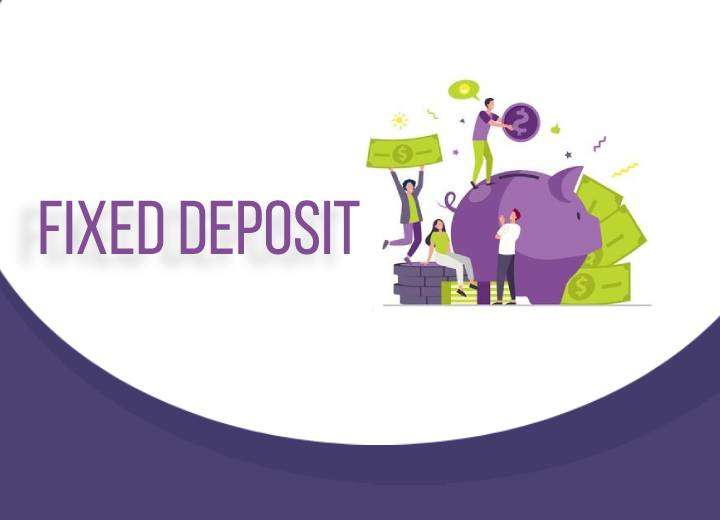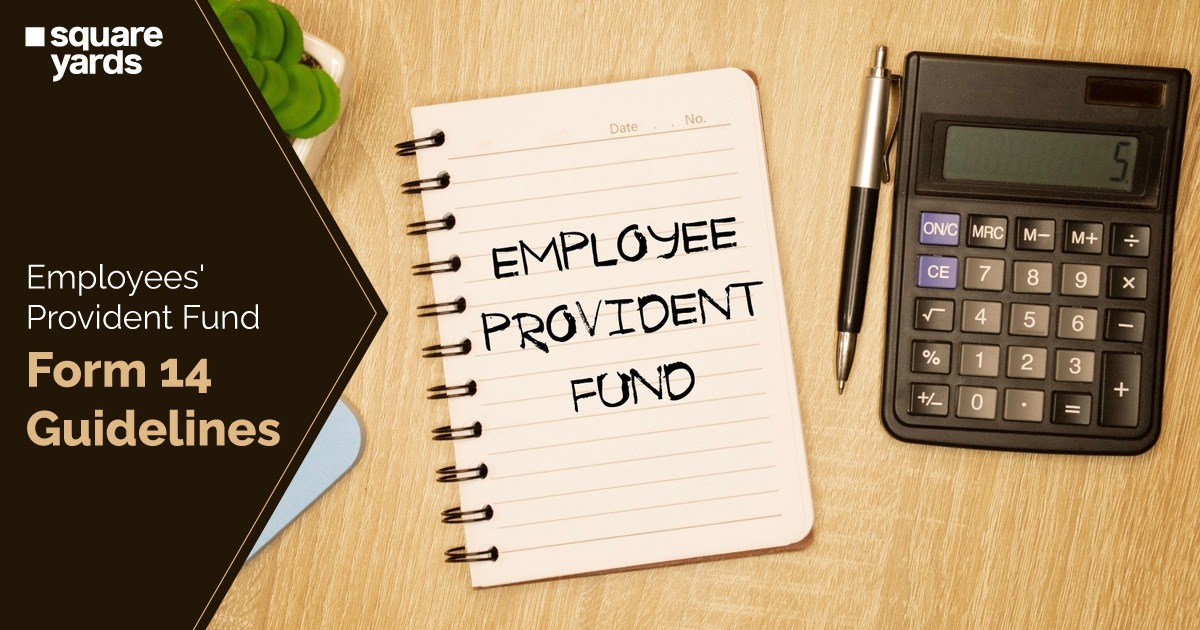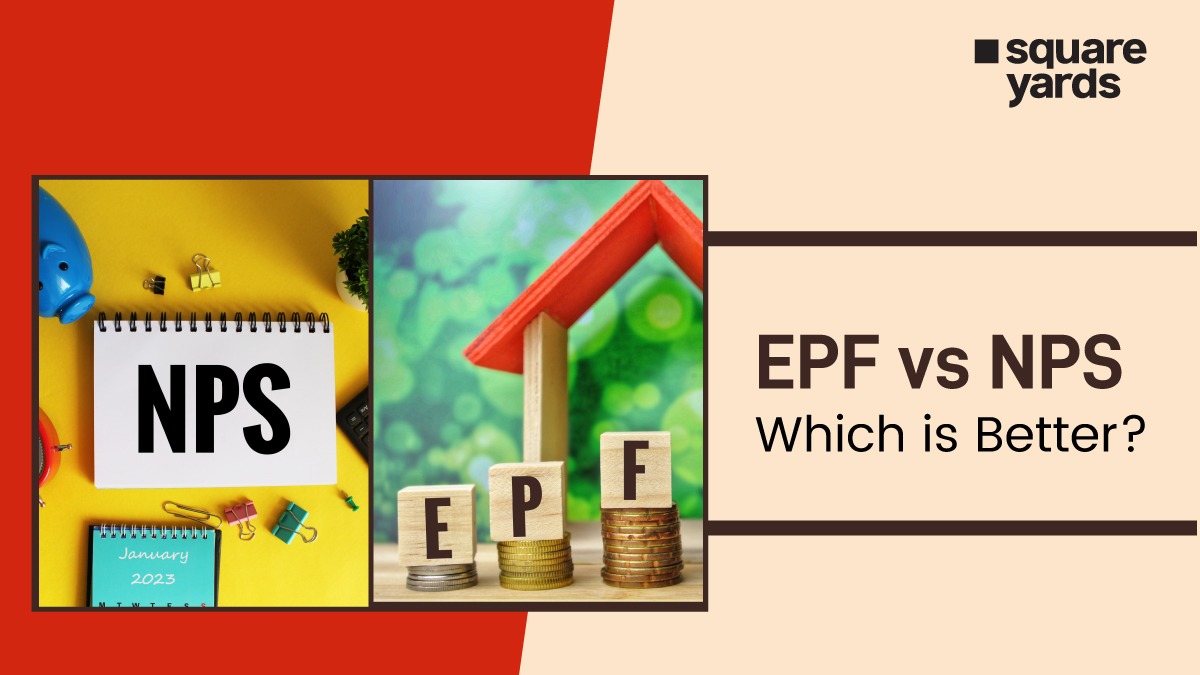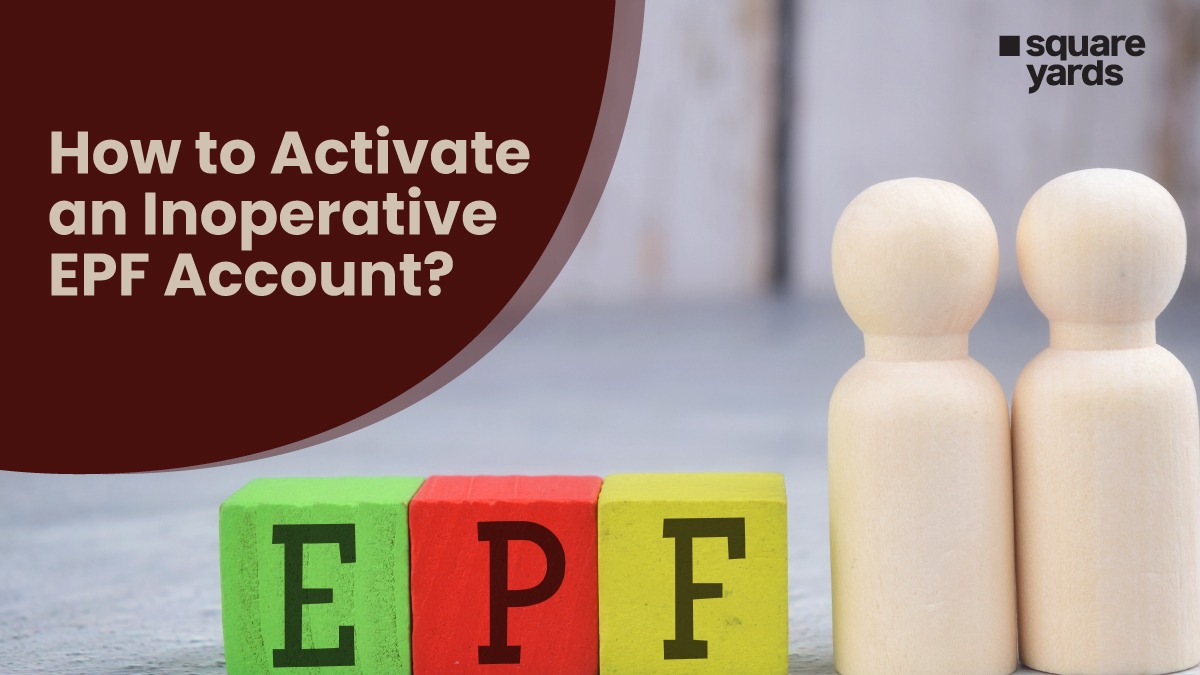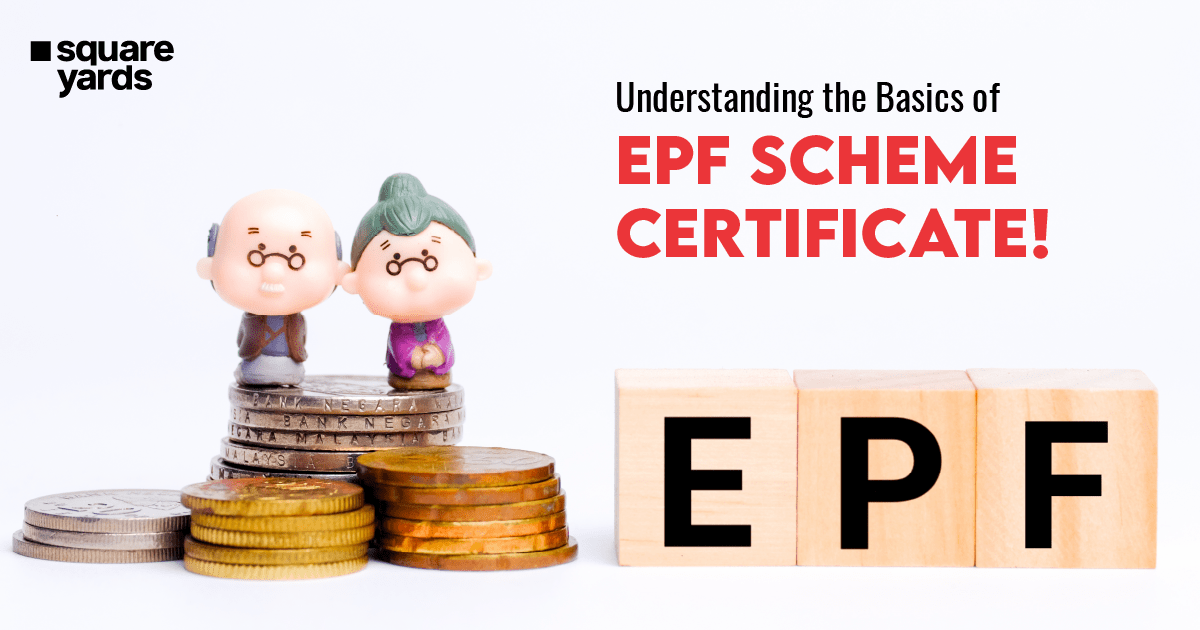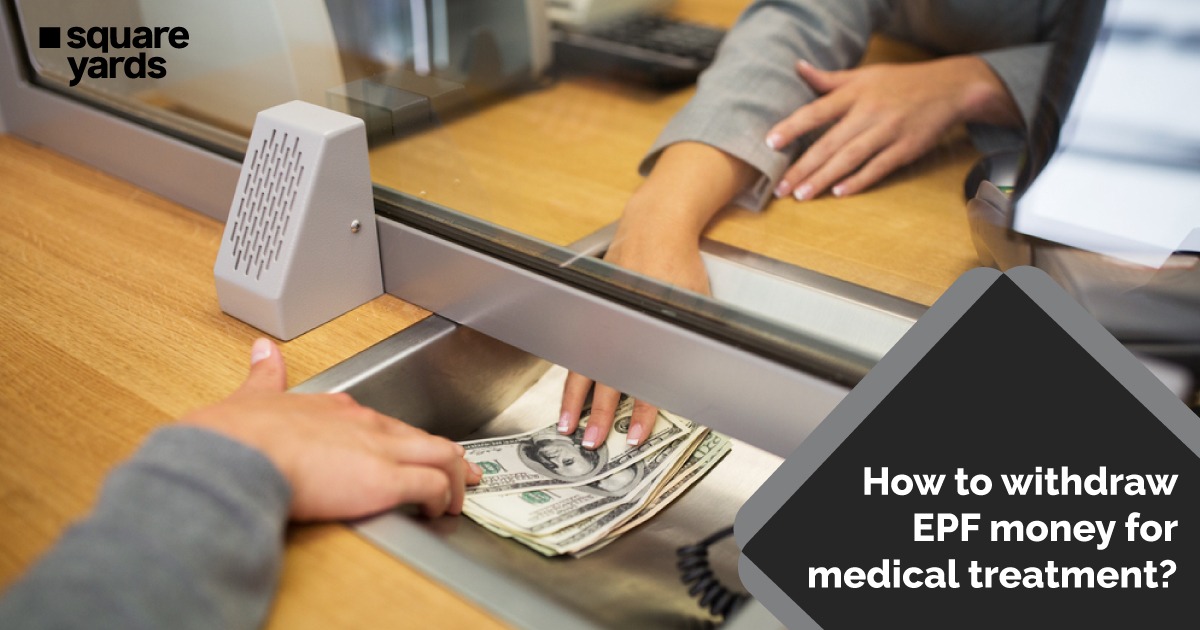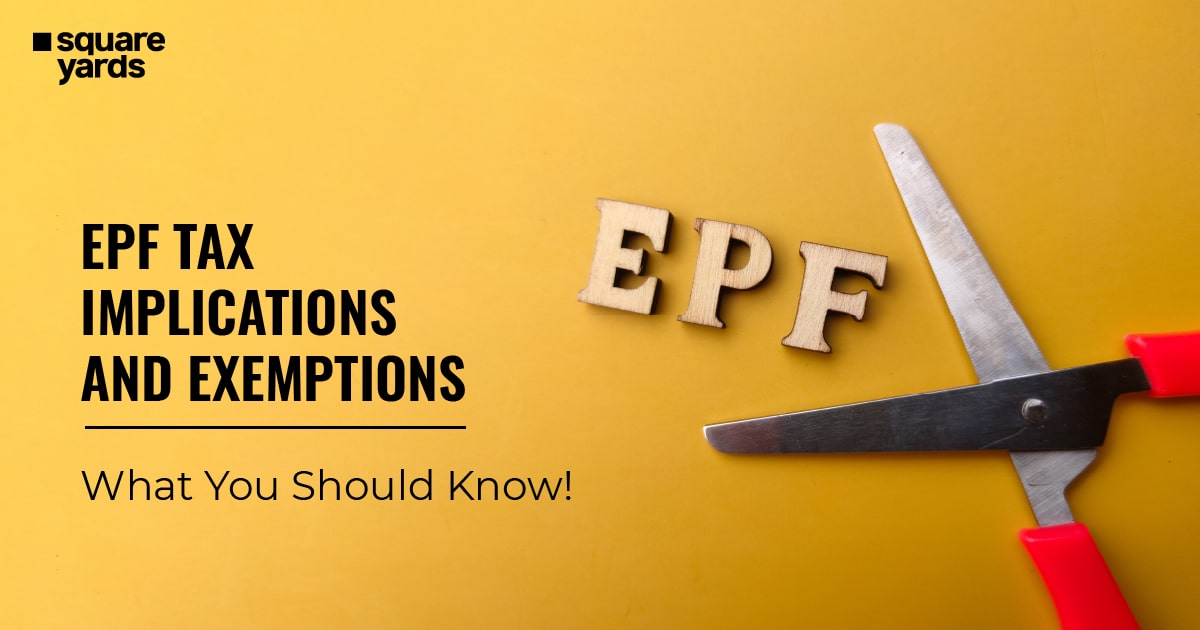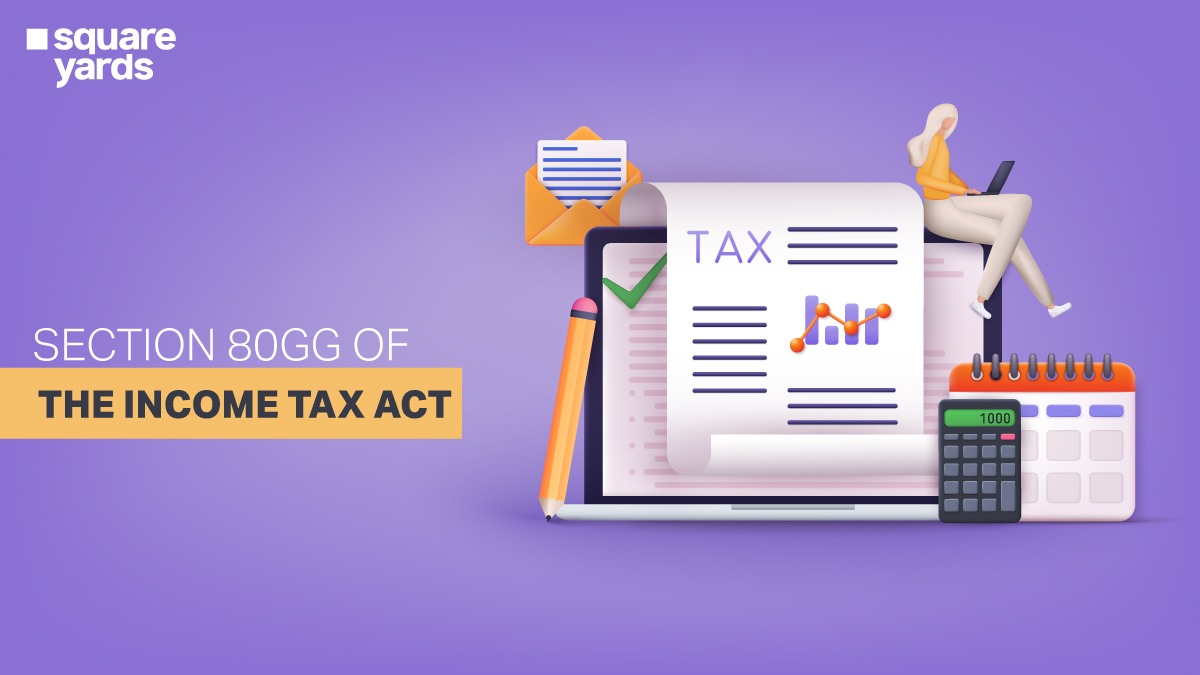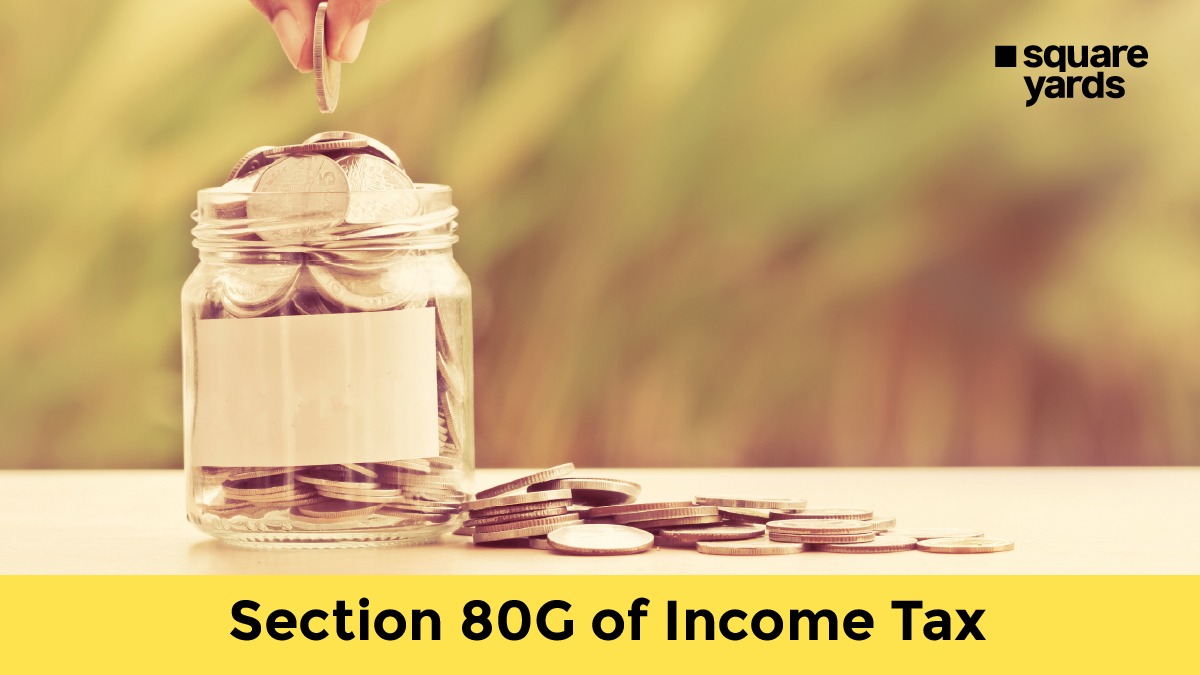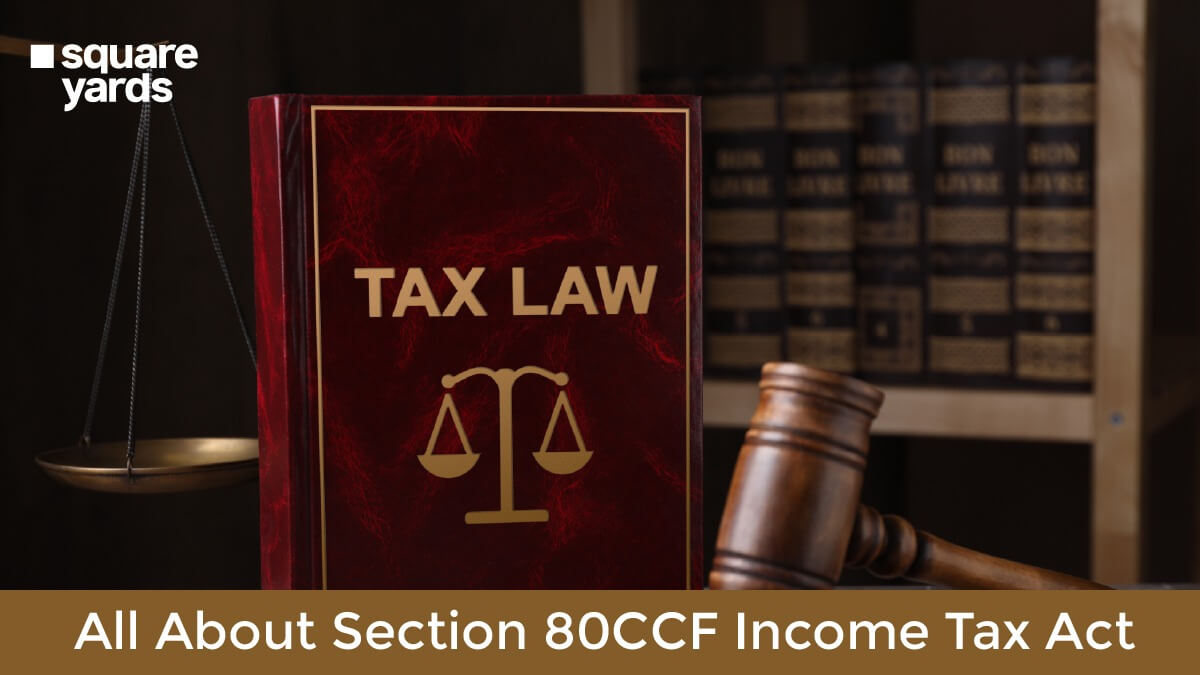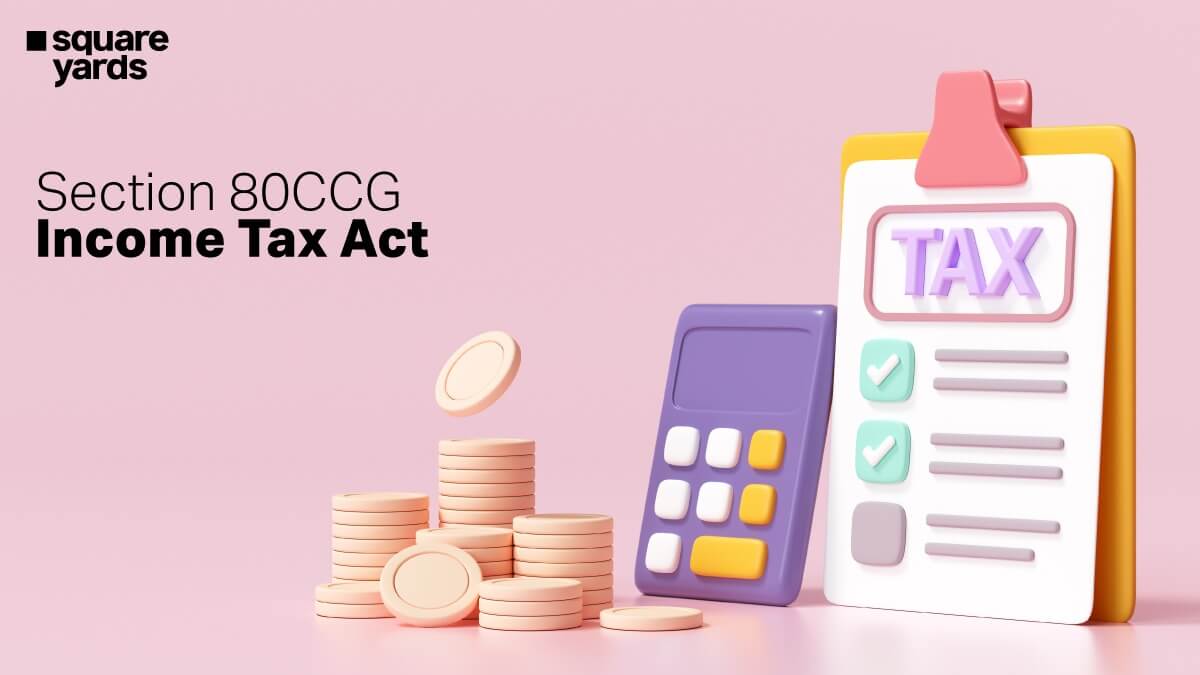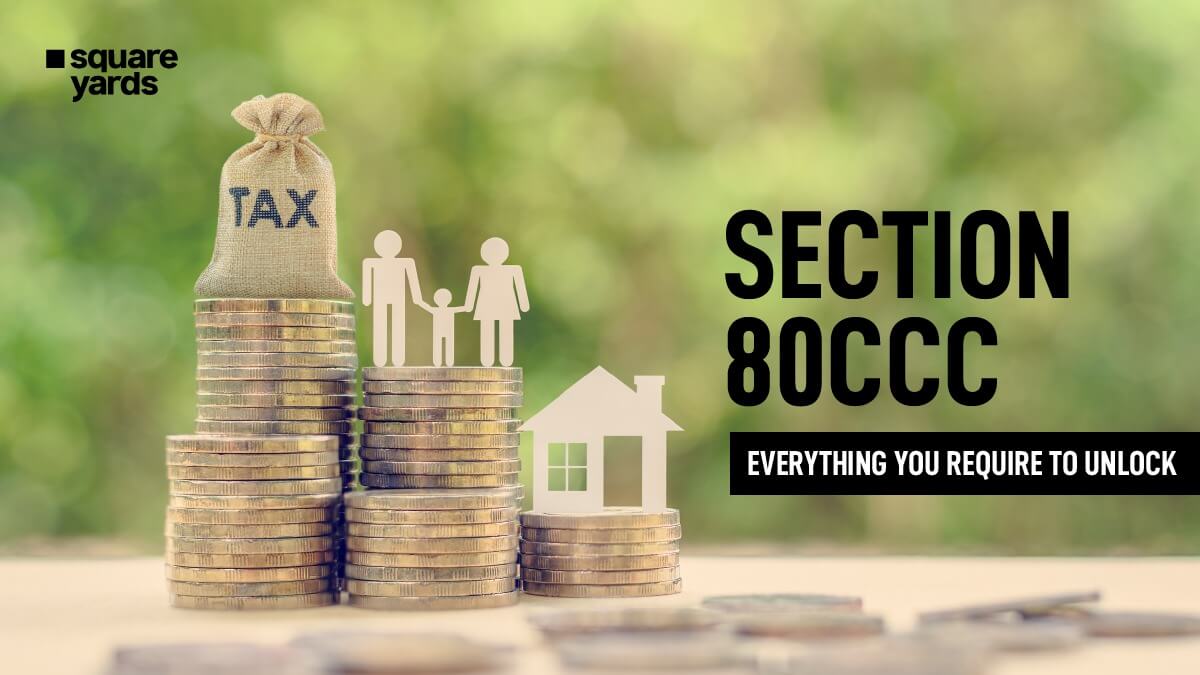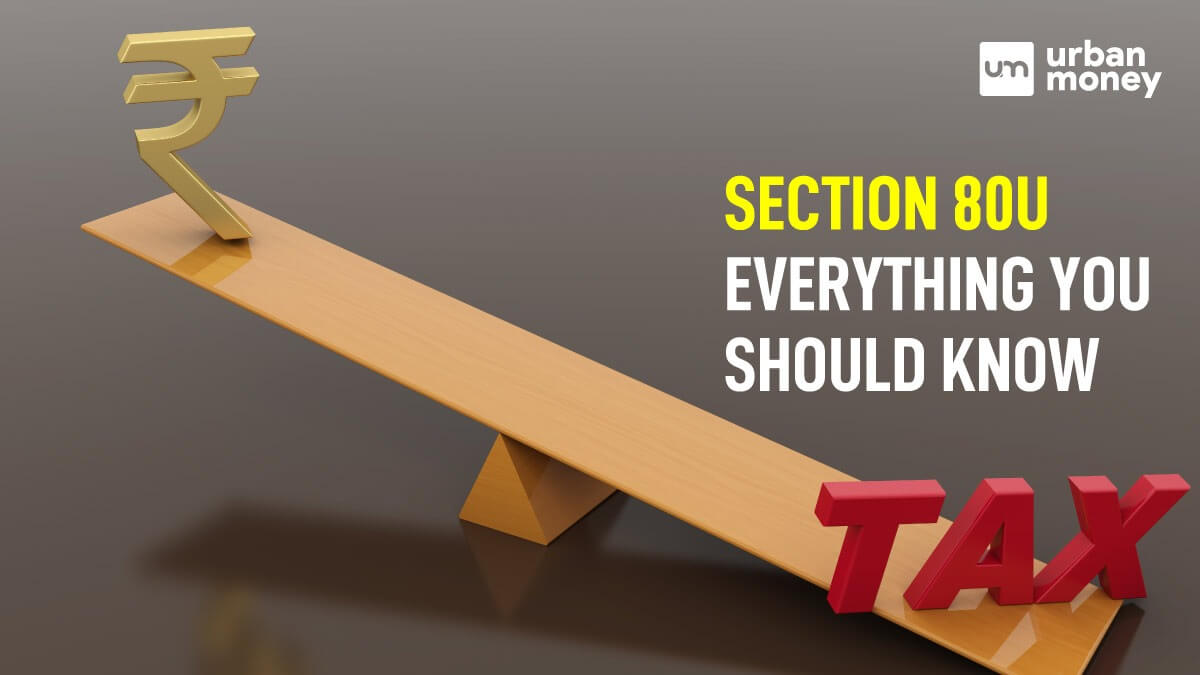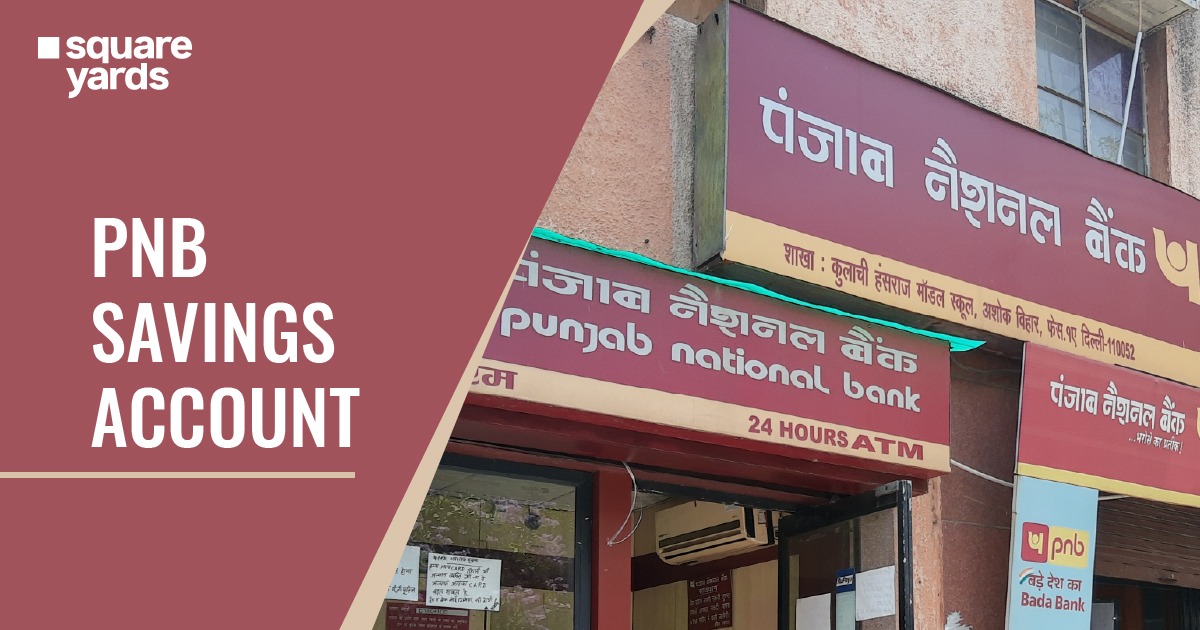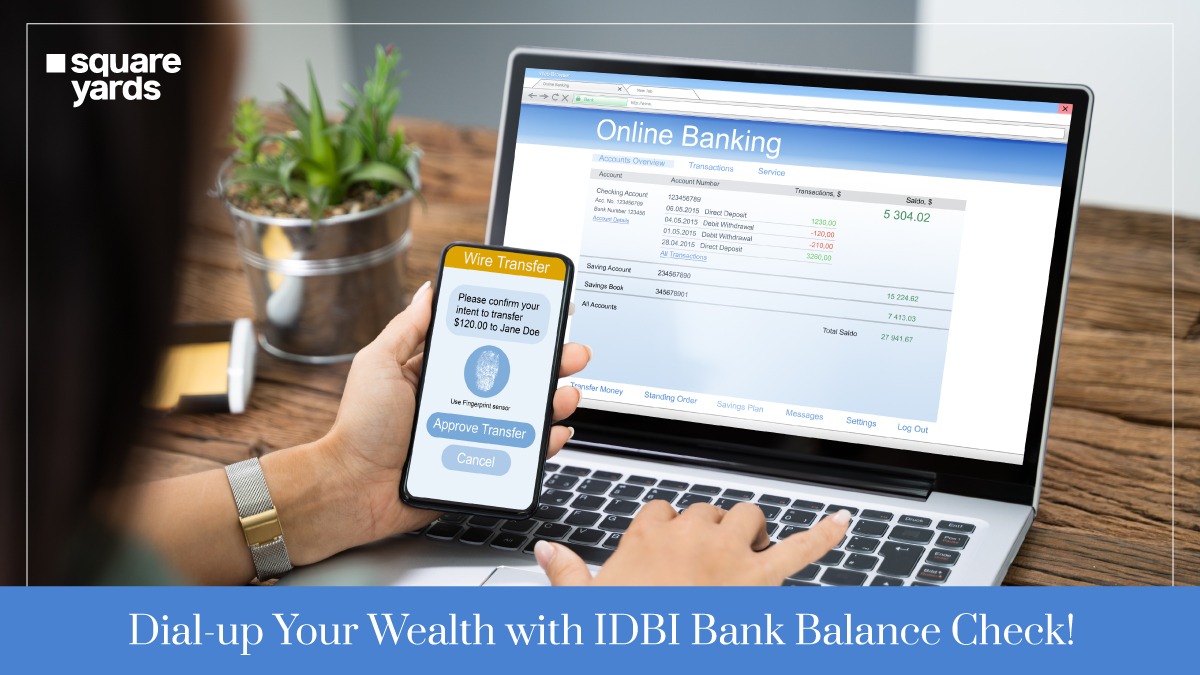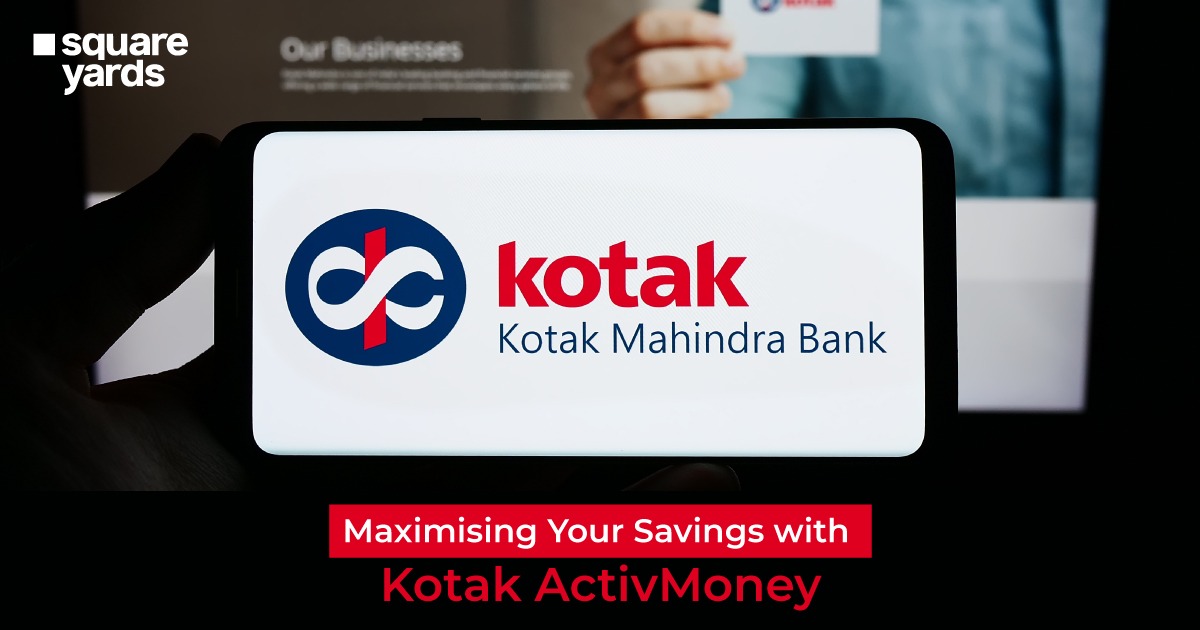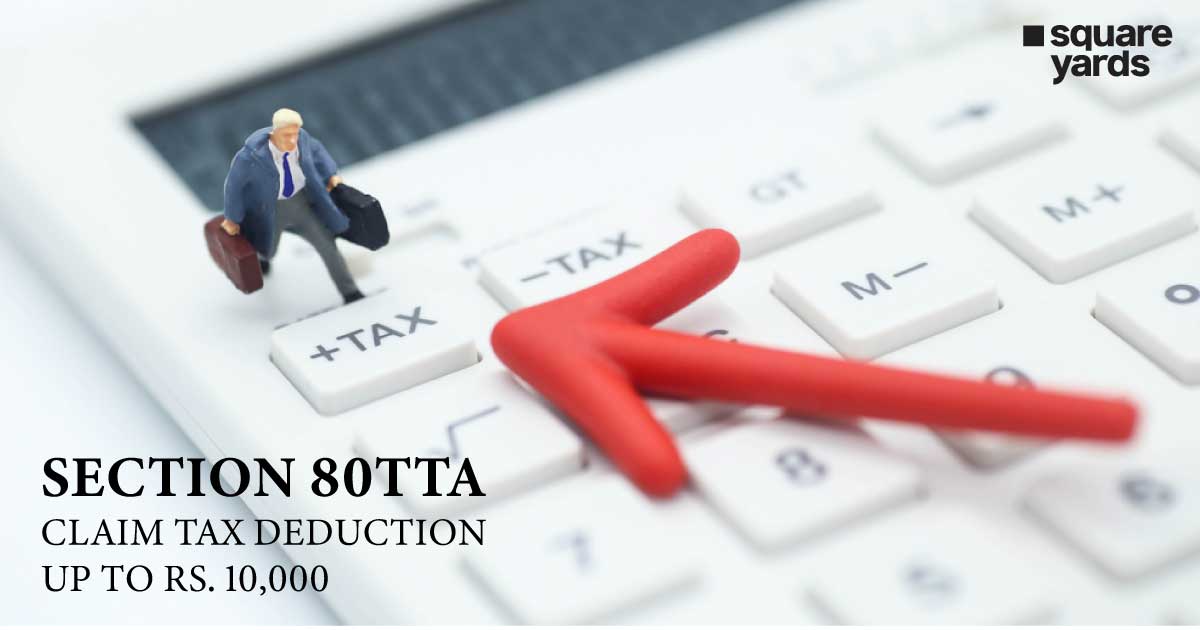Fixed deposit is one of the safest and most sought-after investment tools, using which people can get a higher interest rate than from a regular savings account. The returns are received in the form of interest accrued on the principal deposit amount over a pre-decided period of time. They are generally considered to be a safe long-term investment option, which will provide regular returns and help build a better future. In this blog, we will take a look into the savvy investment product and the benefits and features it offers to investors.
Table of contents
- What is a Fixed Deposit Account?
- How Does a Fixed Deposit Account Work?
- Different Types of Fixed Deposit
- Benefits of a Fixed Deposit Account
- Who Should Invest in a Fixed Deposit Account?
- How to Open a Fixed Deposit?
- Eligibility Criteria for Opening an FD Account
- Documents Required for Opening a FD Account
- Tax Benefits of Fixed Deposits
- How do FD Rates Vary with Central Bank Policy?
- Frequently Asked Questions (FAQs)
What is a Fixed Deposit Account?
A fixed deposit is a safe investment tool offered by banks and NBFCs (Non-Banking Financial Companies), which is a great way to build your savings for the future. It is a popular investment option that enables an investor to deposit a lump sum amount of money for a fixed tenure. During the entire tenure, the deposit earns interest at the rate mentioned during the time you signed your FD contract. What makes it more secure is that in a fixed deposit your investment amount is not subject to any market change or fluctuation. Once you decide to invest in an FD scheme, you are sure to get guaranteed returns. You can choose to get the returns periodically or upon the maturity of the scheme.
How Does a Fixed Deposit Account Work?
When you decide to invest your money in a fixed deposit scheme, you are locking your deposit amount for a fixed duration. The principal amount then accrues interest throughout the duration of the tenure. The interest earned is added to the principal amount at regular intervals.
Since a fixed deposit has flexible tenures, it gives you the freedom to manage multiple FD accounts having different tenures. This means that you can enjoy a higher return on all your investments.
An interested person can open a fixed deposit account with a bank where they are already a savings account holder. There are many banks that allow you to open an FD account even if the applicant does not have a savings account there. However, in this situation, the customer has to complete a KYC process.
Different Types of Fixed Deposit
Before you decide to invest in an FD scheme, it is better to know all the 7-types Fixed Deposit Schemes. Given below are the different types of Fixed Deposit:
- Standard Term Deposits – These are the type of fixed deposits in which you invest a lump sum amount for a defined tenure at a predetermined interest rate. The tenure period for this option can range from 7 days to 10 years. The interest rate for these schemes depends on the duration of investment as well as the guidelines stated by the financial institution offering the product.
- Senior Citizen Fixed Deposits – These investment products are offered by banks and NBFCs in order to provide greater returns to the senior members of our society. The interest rate for this product is higher than that of a regular deposit account. Further, people investing in this scheme also receive a tax benefit. The interest earned from this investment is not subject to any TDS deduction if the amount is lower than ₹ 50,000.
- Tax-Saving Fixed Deposit – These are fixed deposit products that have been specifically designed to be eligible for tax deductions. This FD account has a maturity duration of 5 years. The principal amount is tax deductible in accordance with section 80C of The Income-tax Act.
- Recurring Deposit – A recurring deposit is a type of FD account in which you can invest a specific amount of money monthly/quarterly for a specified period of time. The investor shall receive the principal amount along with all the accrued interest upon maturity of the account. For example, if you invest ₹ 1000 every month for a tenure of 5 years, interest for the first deposit will be paid for a period of five years. The interest for the last month will be paid for one month.
- Flexi Fixed Deposit – A flexi fixed deposit is a type of fixed deposit account that is linked to your regular savings account. In this investment tool, you can instruct the bank to transfer any amount greater than a predetermined balance to a fixed deposit account. For example, if you want to maintain an account balance of ₹ 10,000 every month, then any amount over the balance amount will be transferred to an FD. Similarly, if the balance falls below ₹ 10,000, then the bank liquidates some of your FD to maintain the account balance. This way you can get the best of both a savings account and a fixed deposit scheme.
- Fixed Deposit for Non-Resident Indians – Non-Resident Indians who wish to invest in fixed deposits in India can do so by investing in NRE (Non-Residential External) or NRO (Non-Resident Ordinary) fixed deposit accounts. People earning in foreign currency can invest in the NRE FD scheme. Even though currency fluctuations are prevalent, the main benefit of this investment tool is that the entire principal amount along with the interest is completely tax-free. NRO FD is a wise choice for someone who wants to invest in both Indian and foreign currency. This tool is taxable at 30 % per year.
- Corporate Fixed Deposits – There are also many companies and corporate entities that have fixed deposits. They generally offer a higher interest rate than NBFCs and banks since the associated risk is much higher in this type of FD account. While your regular FD investment is backed by an insurance cover from DICGC (Deposit Insurance and Credit Guarantee Corporation) under the RBI, the same is not the case with corporate fixed deposits. What’s important to note is that there is no assurance that your money will be safe in case the company declares bankruptcy.
Benefits of a Fixed Deposit Account
Fixed deposits offer a number of benefits to its investors. Some of the benefits are as follows:
- Assured Returns
A fixed deposit account is much unlike other market-linked securities that often leads to a loss of investment due to market change. An FD account provides an assured return on your investment. Your initial principal investment amount stays safely invested in your account, and returns are considerably higher than that of a savings account. - Advantage of Compounding
When you decide to invest in a fixed deposit account, you get to enjoy the benefits of compound interest. This implies that your principal amount earns double the interest which results in your investment getting multiplied exponentially. - Low Investment Requirement
A fixed deposit account is one of the most sought after investment tools owing to its low investment requirements. If you wish to start investing for a better future but do not have a large amount to do so, FDs might help greatly. Fixed deposit accounts are a good option in this regard, as you can start your investments at as low as ₹ 500. - Liquidity
One of the major reasons that make an FD an interesting investment option is the fact that premature withdrawal of the funds is permitted. There are some charges associated with the early closing of an FD account. However, this provides you the ability to liquify funds in the case of emergencies. - Easy Process
A fixed deposit account is one of the easiest investment tools to invest in. One can easily open a fixed deposit account offline, online, mobile banking, or through net banking. - Higher Interest Rates for Senior Citizens
This investment tool offers higher interest rates for senior citizens who invest in this product. This way they can ensure a no-compromise, financially healthy future for themselves.
Who Should Invest in a Fixed Deposit Account?
A fixed deposit account is one of the best investment tools since it provides protection to the principal amount while ensuring a regular flow of returns. This makes it perfect for people who have a large sum of money that they do not require for a certain time period. These products are also perfect for new investors who are apprehensive of the risks associated with investing. This is so because there is no risk, as this investment is not linked to any changes in the market. This investment provides regular returns at a locked-in rate of interest for the entire tenure.
How to Open a Fixed Deposit?
There are two ways to open a fixed deposit account:
- Online: It is fairly easy to open an online FD account with a bank that you already have a savings account with. All you need to do is access your net banking account, complete the online FD form, and submit the form. Further, there is no need to complete a KYC as your bank will already have the required details.
- Offline: In order to open a fixed deposit account offline, all you need to do is visit the nearest branch of your bank and fill up the application form. Submit the completed form along with the supporting documents to the concerned bank official. You will get the receipt for FD after the first deposit has been made.
Eligibility Criteria for Opening an FD Account
The following are the entities who are eligible to open an FD account in India:
- Indian residents
- NRIs
- Minors
- Senior citizens
- Partnership firms
- Companies
- Joint investors
- Sole proprietorship
- Societies or clubs
Documents Required for Opening a FD Account
The following are some of the documents that you are required to submit along with the completed application form while opening a fixed deposit account:
- Identification Proof: PAN Card, Voter ID Card, Aadhaar Card, photo, ration card, senior citizen ID card, driving license, etc.
- Address Proof: Utility bills, bank statement, or identification card issued by post office.
Tax Benefits of Fixed Deposits
The following are some of the tax benefits of a fixed deposit account:
- The money invested in this product is eligible for tax deduction as stated under section 80C of the Income Tax Act.
- The interest earned from this investment is liable to TDS deduction, on the basis of the income tax slab. You can avoid paying this tax by submitting Form 15G.
- Senior citizens can claim a tax deduction for an amount of upto ₹ 50,000 on the interest earned.
- You can avail a nomination facility with this investment, unless the account is being held by a minor.
- Senior citizens get a higher rate of interest.
How do FD Rates Vary with Central Bank Policy?
Many banks in the country receive money from the Reserve Bank of India at interest rates depending on the economic health of the country. This means that when RBI revises its rates, banks also tend to change the interest rates that they offer on a fixed deposit account.
You May Also Read
Frequently Asked Questions (FAQs)
What is the minimum and maximum investment amount for opening an FD account?
The minimum investment amount required for a fixed deposit account varies from bank to bank. There is no upper limit for investment in a fixed deposit account. There are some banks that allow you to start investing with as low as ₹ 100.
How often will I receive interest from my FD account?
The frequency of your interest payment will depend upon your FD plan. You can choose to receive your payments monthly, quarterly, or yearly. In case of the reinvestment option, the interest shall be paid out along with the principal amount upon maturity of the fixed deposit.
Can I get a loan against my fixed deposit account?
Yes, you can avail a loan against your FD for upto 90% of the maturity amount of the account.
What is the minimum age for opening a fixed deposit account?
The minimum age for opening an FD account is one year. However, minors cannot open a fixed deposit account without the representation of their parents or legal guardians. An individual over the age of 18 can open an individual account.


